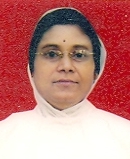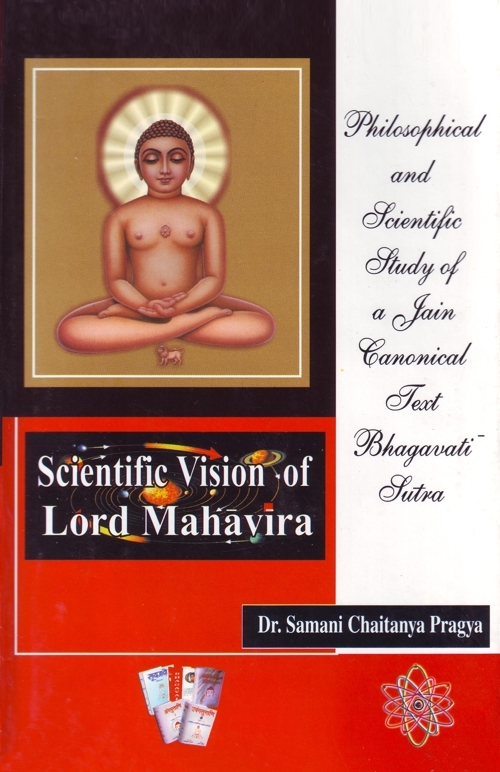In Digamber tradition, time is distinguished from two standpoints - conventional (vyavahāra) and real (parmārtha).[110] The conventional is the time which helps to determine changes in a substance and which is known from modifications produced in it, while i.e. real time is considered from continuity. It is the change of an object which takes place every moment and therefore it is not considered different from the living and non-living entities, according to Shvetambar tradition. But Digambar tradition explains it differently and therefore regards it as an independent reality. Accordingly, it is time element due to which change in an object takes place.
The Digambara tradition holds that the real time consists of innumerable units of time technically known as kalāṇu i.e. atom of time that never mix up with one another.[111] The universe is full of these units of time. No spacepoint of the universe is devoid of it. Each space-unit contains a unit of time in it. The units of time are indivisible, innumerable and without form. It is remarked: Those innumerable substances which exist one by one in each space-point of universe, like heaps of jewels, are units of time. Hence, time is not one substance but innumerable substances. All are eternal and indivisible.
Really speaking, time is nothing but the auxiliary cause of change. This change is understood in relation to continuity. Without continuity change cannot be understood at all. If there is no continuity, what changes? Hence, continuity is the ground of change. From ordinary point of view time is understood in seconds, minutes, hours etc. by which we call a thing to be new or old according to changes produced in the same.
 Dr. Samani Chaitanya Pragya
Dr. Samani Chaitanya Pragya

